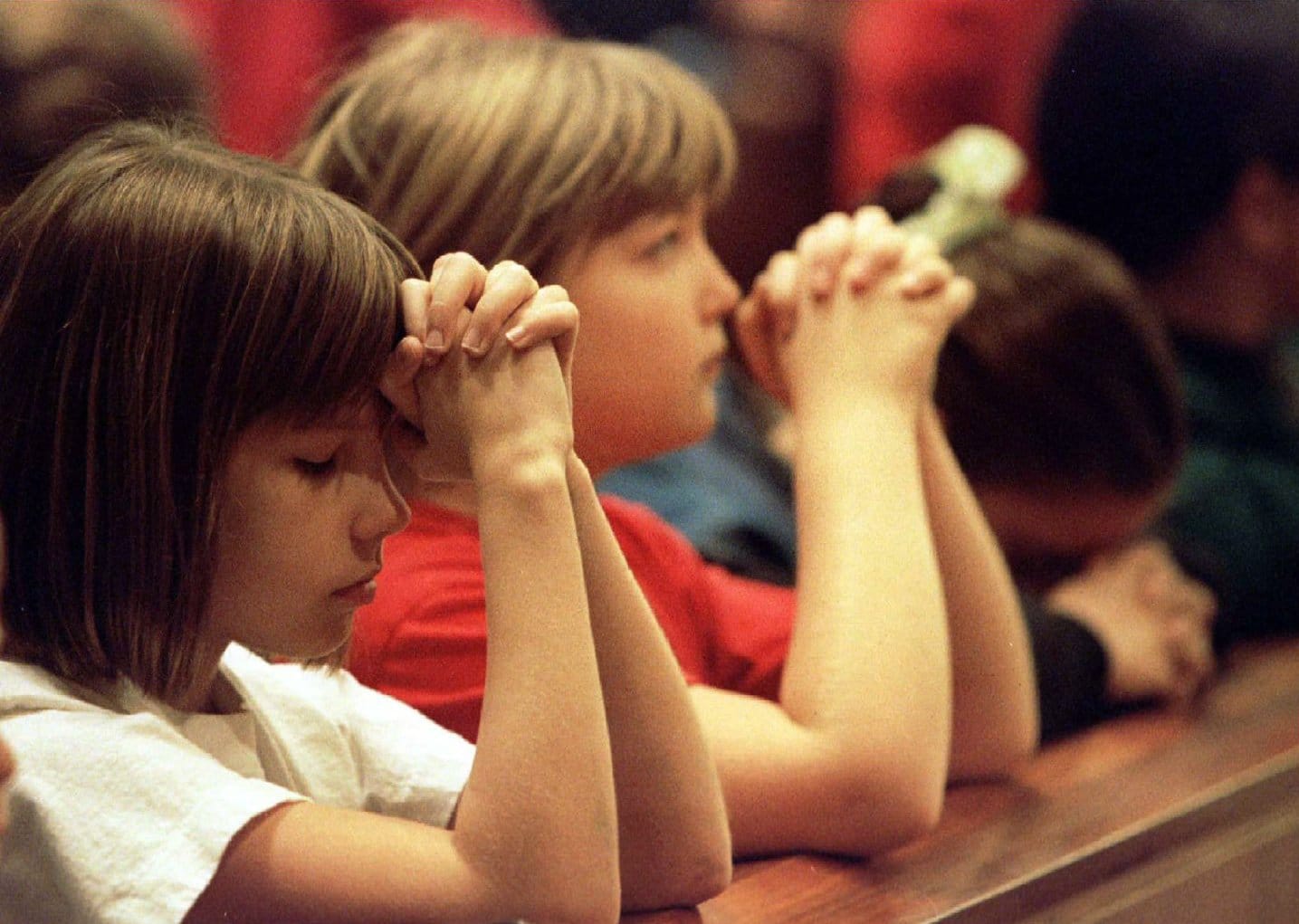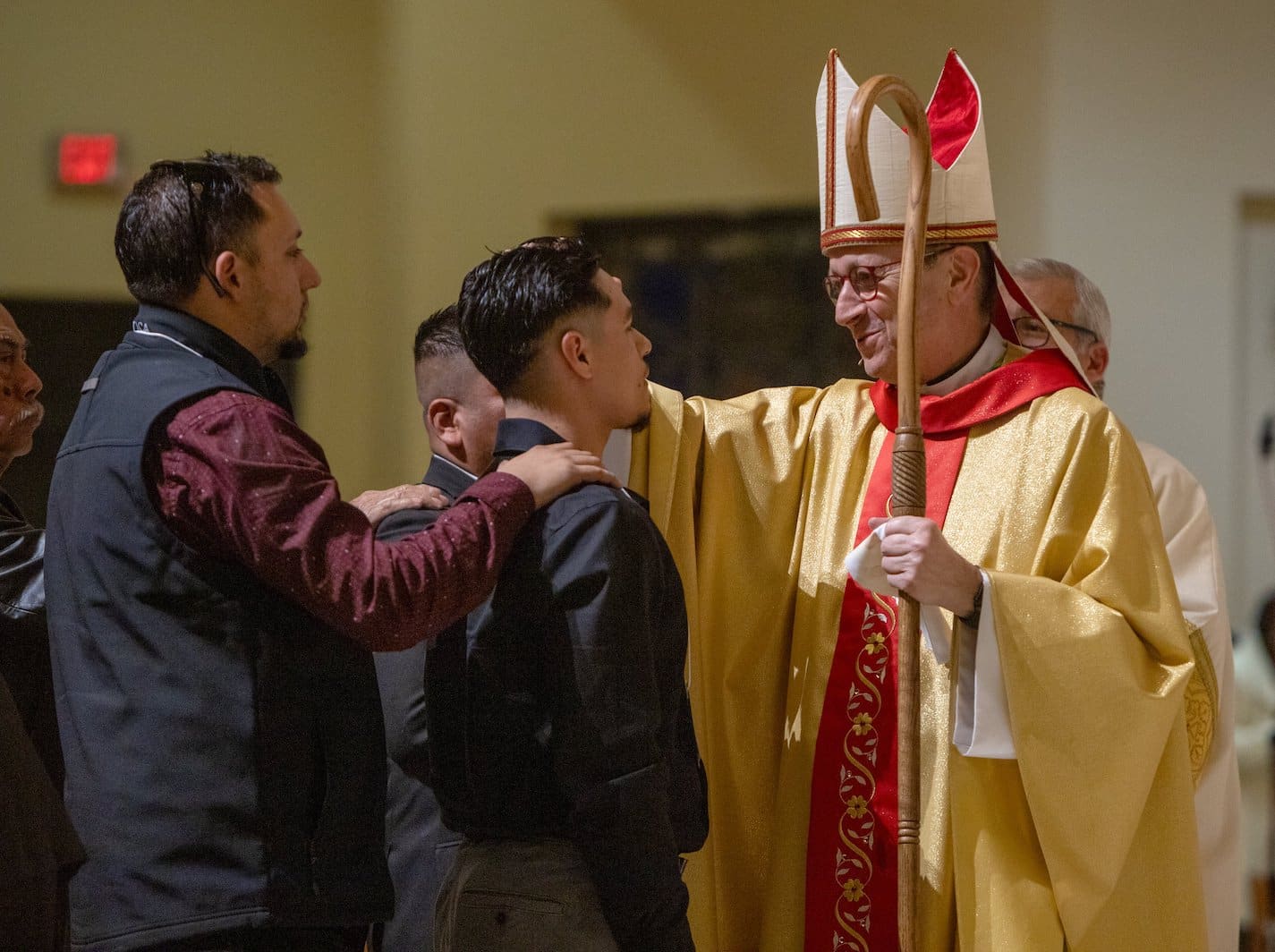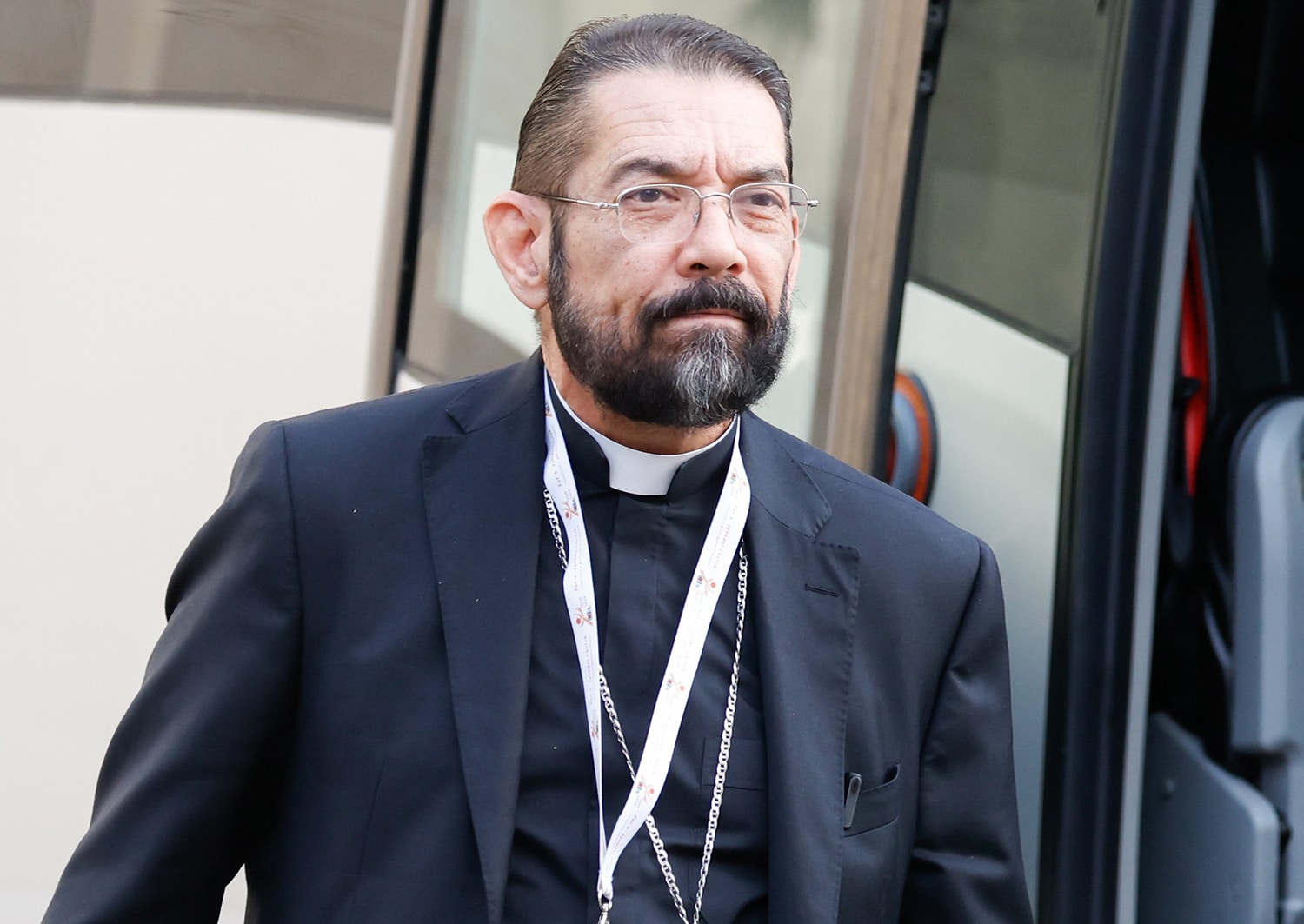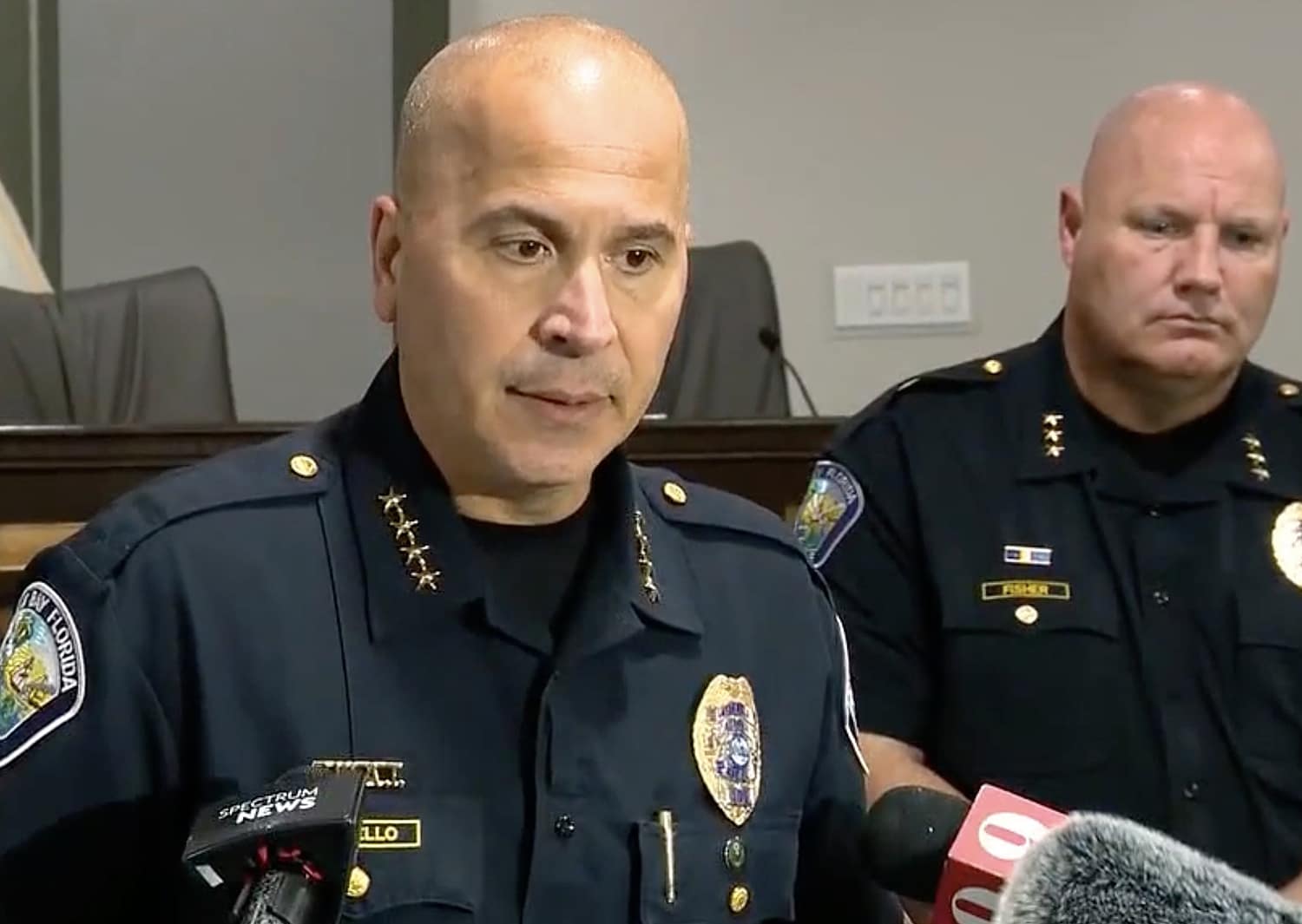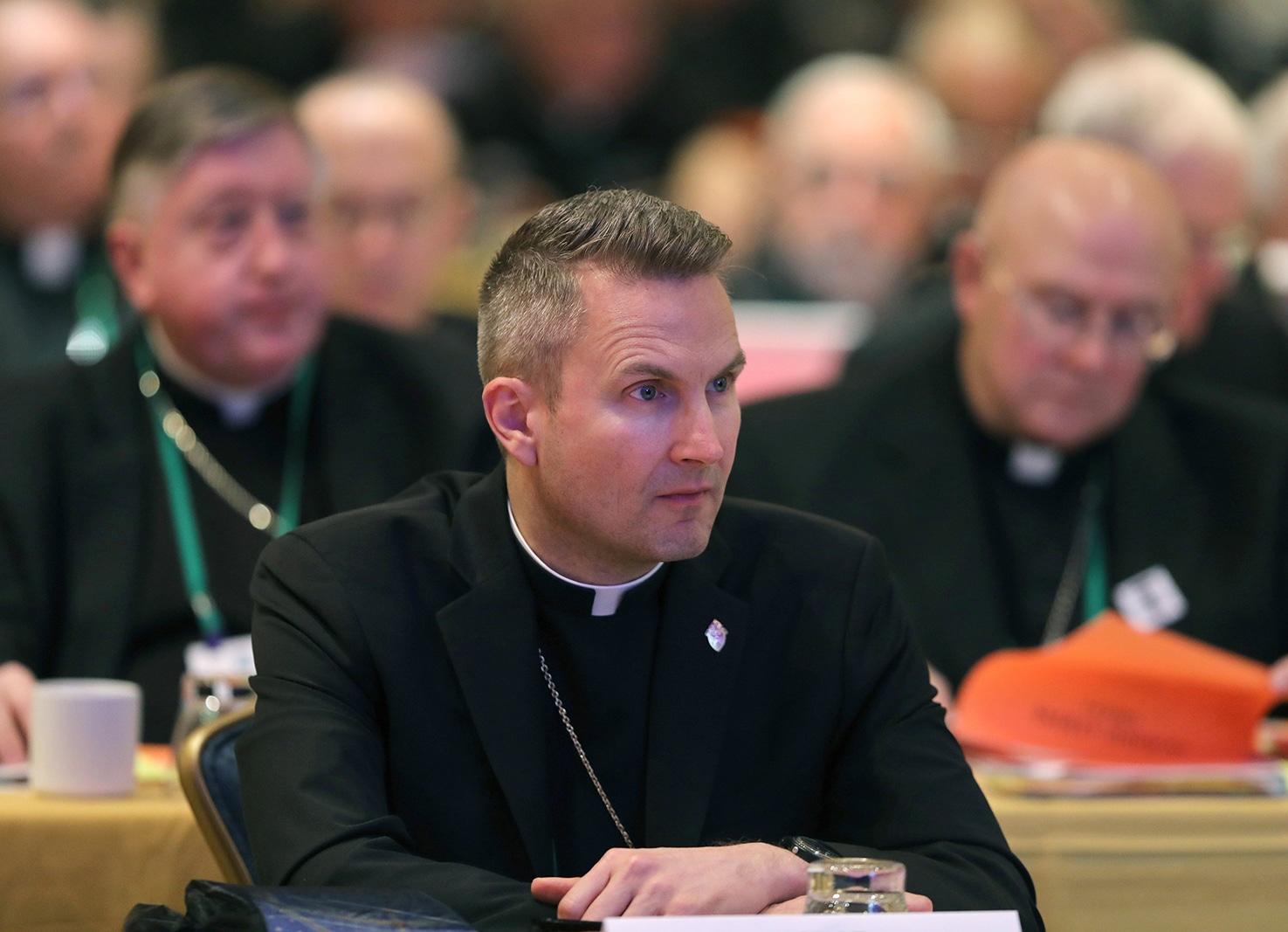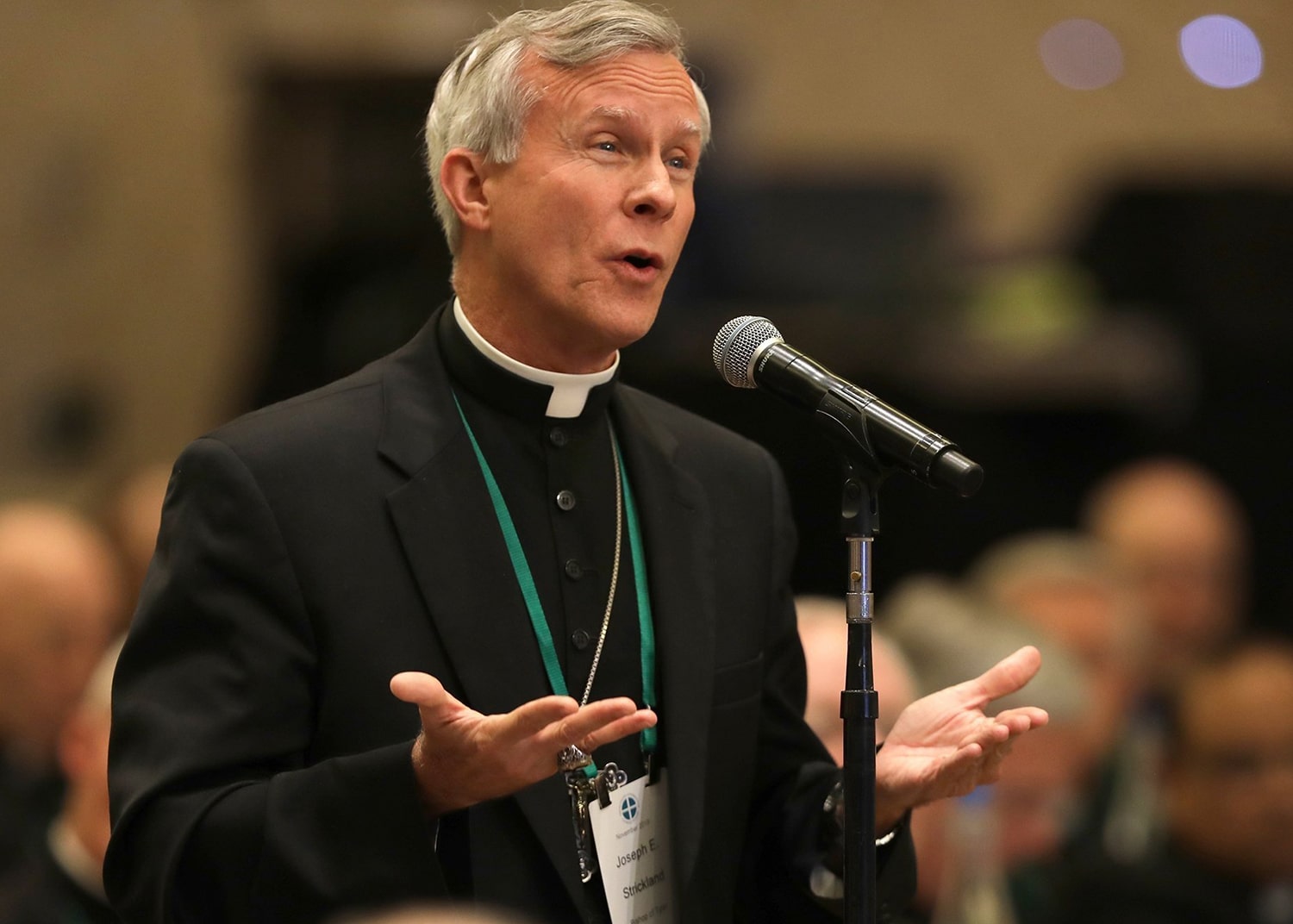A new initiative by the Catholic University of America in Washington, D.C., promises to foster children’s love for the Faith and, in particular, their participation in the Eucharist.
“The primary goal is the ongoing sharing of pastoral resources through the recently launched multi-component web-based resource — welcomingchildren.catholic.edu — that offers formation for children (aged 4-10 years) through liturgical catechesis, sacred music, sacred art, and educational activities to nurture their full, conscious and active participation in the Eucharist and growth in prayer,” Jem Sullivan, project lead and associate professor of catechetics in the School of Theology and Religious Studies at Catholic University, told Our Sunday Visitor.
The project, called “Welcoming Children in Worship,” and its newly-launched website pledge to support parents and families, catechists, liturgists, teachers and pastors as they help children grow in their faith.
To accomplish this, the website already offers a variety of resources: a liturgical formation document aimed at Hispanic families and children, video recordings of hymns, reflections and guidance from bishops, pastor workshops, a podcast on sacred art by Sullivan, and research examining how to welcome and engage children in liturgical worship.
The project — a four-year pastoral initiative — is made possible through a grant from Lilly Endowment Inc., a private philanthropic foundation based in Indianapolis.
“We invite all those privileged with the task of forming children for worship and prayer … to join in this virtual community,” the project website reads. “Our hope is that these resources will lead you and the children in your care from the table of shared prayer and reflection in the home, parish, or Catholic school to the sacred table of the Eucharist, the Church’s public prayer in worship of God.”
The project lists eight patron saints online: St. Joseph, Our Lady of Guadalupe, St. Juan Diego, St. Anthony of Padua, St. Thomas Aquinas, St. Don Bosco, St. Pius X and Blessed Carlo Acutis.
The website homepage greets visitors with a Bible verse, Matthew 19:14: “Jesus said, ‘Let the little children come to me … for the kingdom of heaven belongs to such as these.”
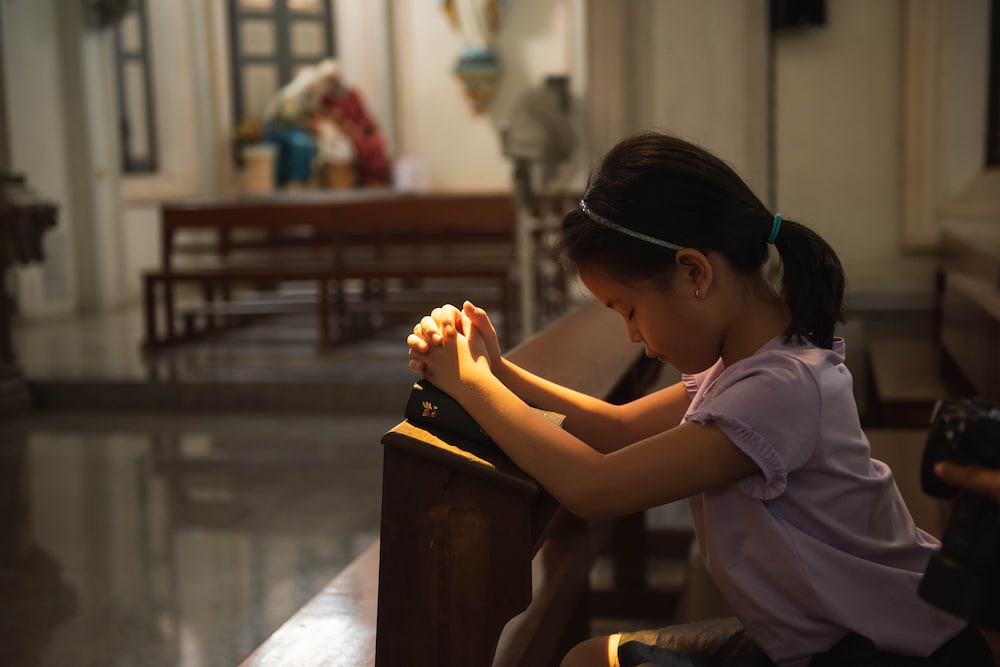
A new initiative
Sullivan revealed that the program began after the university received an invitation to participate in a new initiative from the Lilly Endowment Inc., called “Nurturing Children Through Prayer and Worship Initiative.”
“The generosity of Lilly Endowment Inc. allows us to engage the creative gifts of those who serve in catechesis, music education and early childhood education within the Catholic tradition,” she said of the grant amounting to $802,077. “The project collaborators contribute to the creation of unique web-based catechetical resources aimed at the faith formation of children for their full, conscious and active participation in the Eucharist.”
Sullivan called the effort a university-wide collaboration that involves the School of Theology and Religious Studies, the International Center for Ward Method Studies in the Benjamin T. Rome School of Music, Drama, and Art, the Center for Applied Research in the Apostolate (CARA), the Department of Education, and other experts and scholars.
The initiative, she added, will offer resources for Hispanic Catholic communities as well as children with special needs.
“Bishop presentations and pastor workshops share the wisdom of the Church’s shepherds for the liturgical formation of children,” she said of the resources. “Pioneering research conducted by the Center for Applied Research in the Apostolate engaged diocesan and parish liturgical and catechetical leaders from Catholic dioceses across the U.S., to learn more about the current state of children’s liturgical formation.”
A participation in the National Eucharistic Revival
With the focus on the Eucharist, Sullivan spoke about the project’s relationship with the National Eucharistic Revival.
“We are grateful for the providential connection between this project that coincides with the National Eucharistic Revival,” she said, referring to the ongoing three-year initiative by the U.S. Catholic bishops that seeks to renew the Catholic Church by enkindling a living relationship with Jesus Christ in the Eucharist.
Sullivan emphasized the project’s participation in the revival.
“We are confident that this project will contribute to the overall vision of the revival,” she said, “with particular emphasis on the liturgical formation of children so they grow in love of the Eucharist within their homes and faith communities.”
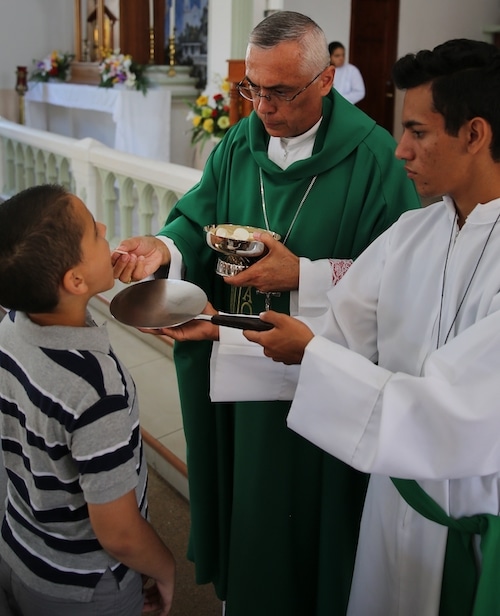
A focus on the Eucharist
Sullivan expressed hope that the project will impact children before and after receiving Jesus in the Eucharist for the first time during first Communion, which typically happens around the age of 7 or 8 years old.
“We hope that the resources offered through the website … will enhance the catechetical and educational programs that prepare children for first Communion,” she said. “While preparation for first Communion focuses on one moment of reception of the Eucharist for the first time, the liturgical formation of children continues in an ongoing way so that children participate in and grow in love of the gift and mystery of the Eucharist as they enter adolescence and young adulthood.”
Sullivan revealed what she hoped children would learn about the Eucharist through the program.
“It is our hope that the sacred music, sacred art and liturgical catechesis offered through the website,” she said, “will help children to encounter God’s love revealed in the person of Jesus Christ through their participation in the Sunday Eucharist, worship and prayer in school, and growth in prayer within the domestic church of the family.”
Preparation for the Church’s future
Sullivan pointed to the emphasis on the Eucharist while expressing her enthusiasm for the program.
“One exciting aspect of this program is the support we are pleased to offer throughout the Church’s liturgical year to parents, pastors, catechists and teachers who form children for ongoing participation in the Eucharist and growth in prayer,” she said.
“If we say that the Eucharist is the ‘source and summit of the Christian life,’ as Vatican II teaches,” she added, “then the liturgical formation of children for their full, conscious and active participation in the Eucharist ought to be a pastoral priority in our parish communities.”
Sullivan also spoke about the importance of forming children in the Faith.
“We affirm that the liturgical formation of children is a gift and a responsibility to ensure that younger generations will continue to live their Catholic faith through their ongoing participation in the sacramental life of the Church,” she added.
They believe, she said, that the project “is one of many providential investments in the present and future of the Church in the United States.”
“The focus on the formation of children is timely given the widespread disaffiliation of generations of young people who drift from the practice of faith after completing sacramental initiation,” she explained. “It is our privilege to support those engaged in the liturgical formation of children.”
An inclusive program
Sullivan spoke about the importance of including Hispanic families and children as well as families and children with special needs.
“The Church in the United States is blessed by the presence of Hispanic families whose children are the present and the future of their faith communities,” she said. “To respond to the pastoral reality of today’s Church, we know it is essential that the project offers inculturated resources that share and celebrate the rich cultural traditions of worship and prayer in Hispanic communities.”
In addition to already providing resources for Hispanic Catholics, the website announces that resources for those with special needs are coming soon.
“We believe also that it is essential to offer adaptive resources to support families with children with disabilities so that all of God’s children are active contributors to their liturgical formation and are being nurtured in prayer and worship within our faith communities,” Sullivan said.
A growing initiative
Sullivan shared how the resources offered online will grow in the future.
“In the course of this four-year project, the website content will be updated for each liturgical season,” she said.
Catholics can also subscribe (there is a “subscribe for updates” button on the website) for the latest resources. The website promises more content soon, from a resource guide on exploring liturgical signs and seasons with children to an interview series with Sir James MacMillan, a Scottish classical music composer and conductor.
Even when the four years conclude, the project will continue.
“We look forward to maintaining existing collaborations and forging new ones beyond the course of this pastoral initiative,” Sullivan said, “so that the web based resource library at welcomingchildren.catholic.edu will continue to serve parents, pastors, catechists and teachers in forming children for worship and prayer.”

